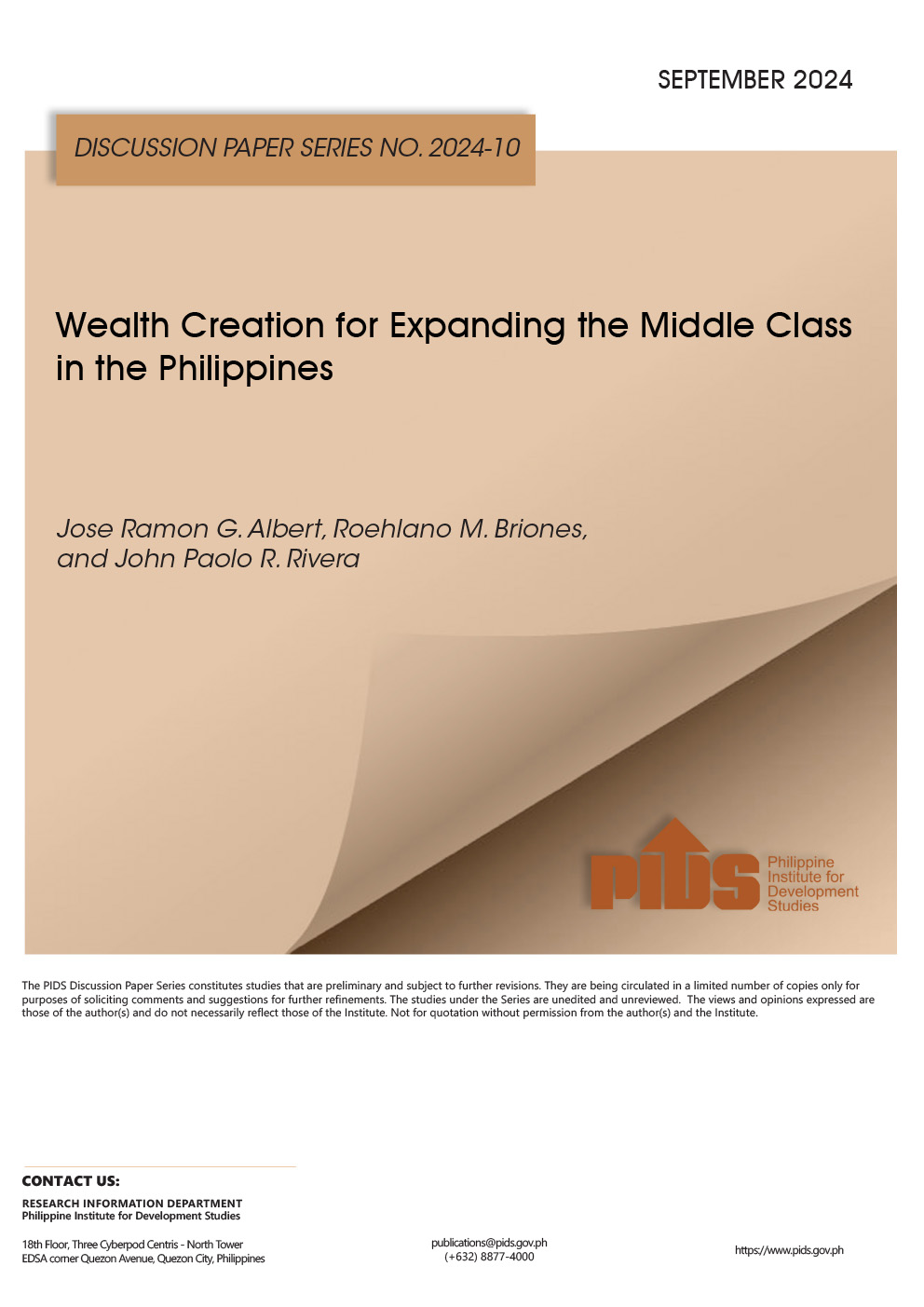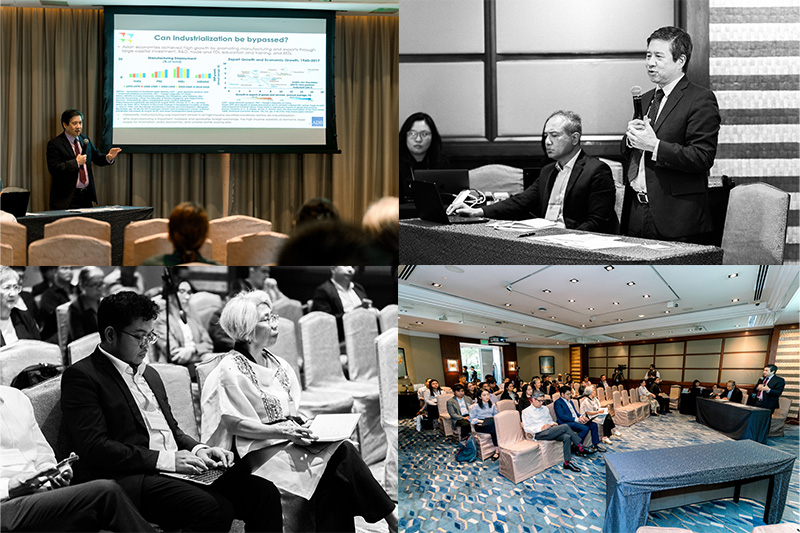Policymakers should seriously review and consider lifting cabotage restrictions, but in a phased-in and well-planned approach, a study published by the Philippine Institute for Development Studies said.
In a policy note titled, Toward relaxing the cabotage restrictions in maritime transport, PIDS president Gilberto Llanto and senior research fellow Adoracion Navarro said that the present cabotage law is considered as one of the serious bottlenecks to Philippine economic growth.
Cabotage refers generally to the transport of passengers and goods. It is traditionally a shipping term but it is now generally used to refer to the right to carry cargo or passenger via sea, air, or land transport within a country.
"The perennial inefficiencies in the maritime industry are linked to lack of competition due to barriers to entry, arising from the law’s provision that allows only domestic shipping lines to serve domestic routes,” the policy note said.
"This has resulted in high cost of transporting raw materials to manufacturing sites, finished products, and agricultural goods to various destinations, and imported products to distribution areas, thereby increasing operational costs that are passed on to consumers as higher prices,” it added.
The study said that Philippine exports also become less competitive in the international market, which translates to lower export revenues.
The policy note said that the very high cost of domestic shipping services provides a strong motivation for exporters and importers to push for the lifting of cabotage restrictions.
"According to an advocacy paper of the Joint Foreign Chambers of Commerce in the Philippines, it is cheaper to send a container from Manila to Cagayan de Oro via Hong Kong or Kaohsiung (in Taiwan) than to simply transport the cargo directly from Manila to Cagayan de Oro,” the study said.
"Moreover, a local trader could save approximately 43 percent in shipping costs by transporting cargo from Manila to Cagayan de Oro via foreign transshipment to Kaohsiung rather than by directly availing of domestic shipping services,” it added.
The policy note said that the high cost of domestic shipping services has been attributed by previous studies to the lack of meaningful competition in the industry, which is in turn exacerbated by the country’s cabotage policy as more cost-competitive foreign vessels are restricted from engaging in coastwise transport.
Citing previous research papers, the policy note said that the domestic shipping industry is "nearly cartelized.”
"According to (previous studies), 10 years after the start of deregulation in 1992, the maritime transport industry was still largely dominated by a few players,” the report said.
"In 2002, 50 percent of the primary routes and 70 percent of secondary/tertiary routes remained a monopoly, 90 percent of passenger and cargo markets were controlled by only five shipping companies, and almost all of the primary and secondary routes were serviced by these companies,” it added.
The PIDS paper said that the protection long enjoyed by the domestic shipping industry through cabotage restrictions results in the lack of meaningful competition in the industry and weak incentives for operators to modernize and become competitive.
"There are obviously other reasons for the high domestic shipping cost, such as inadequate port facilities and inefficient port practices. But this does not invalidate the argument for lifting cabotage restrictions and instead only underscores that cabotage liberalization should be accompanied by other needed reforms, such as improving port infrastructure and having an independent port regulator,” the report said.












